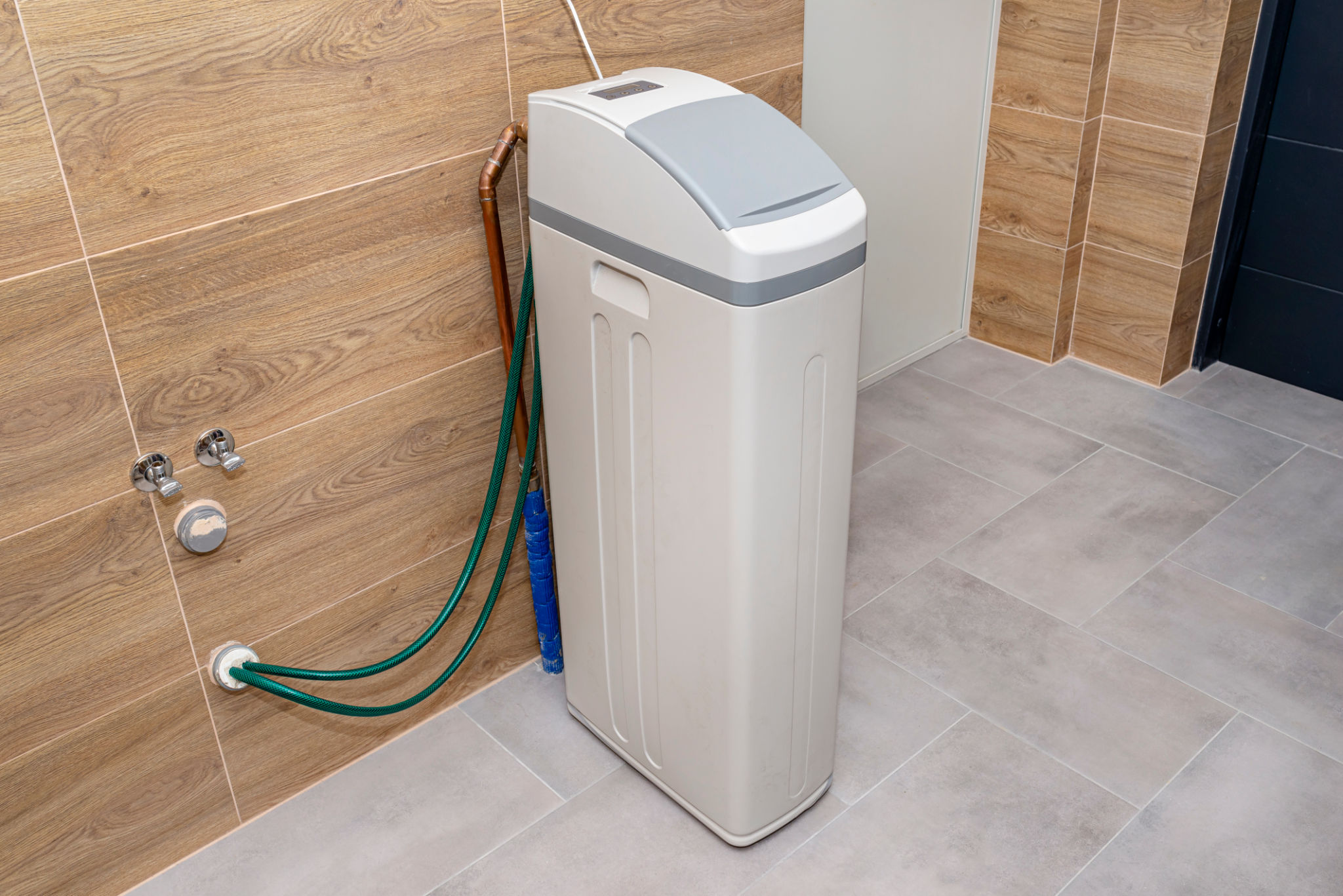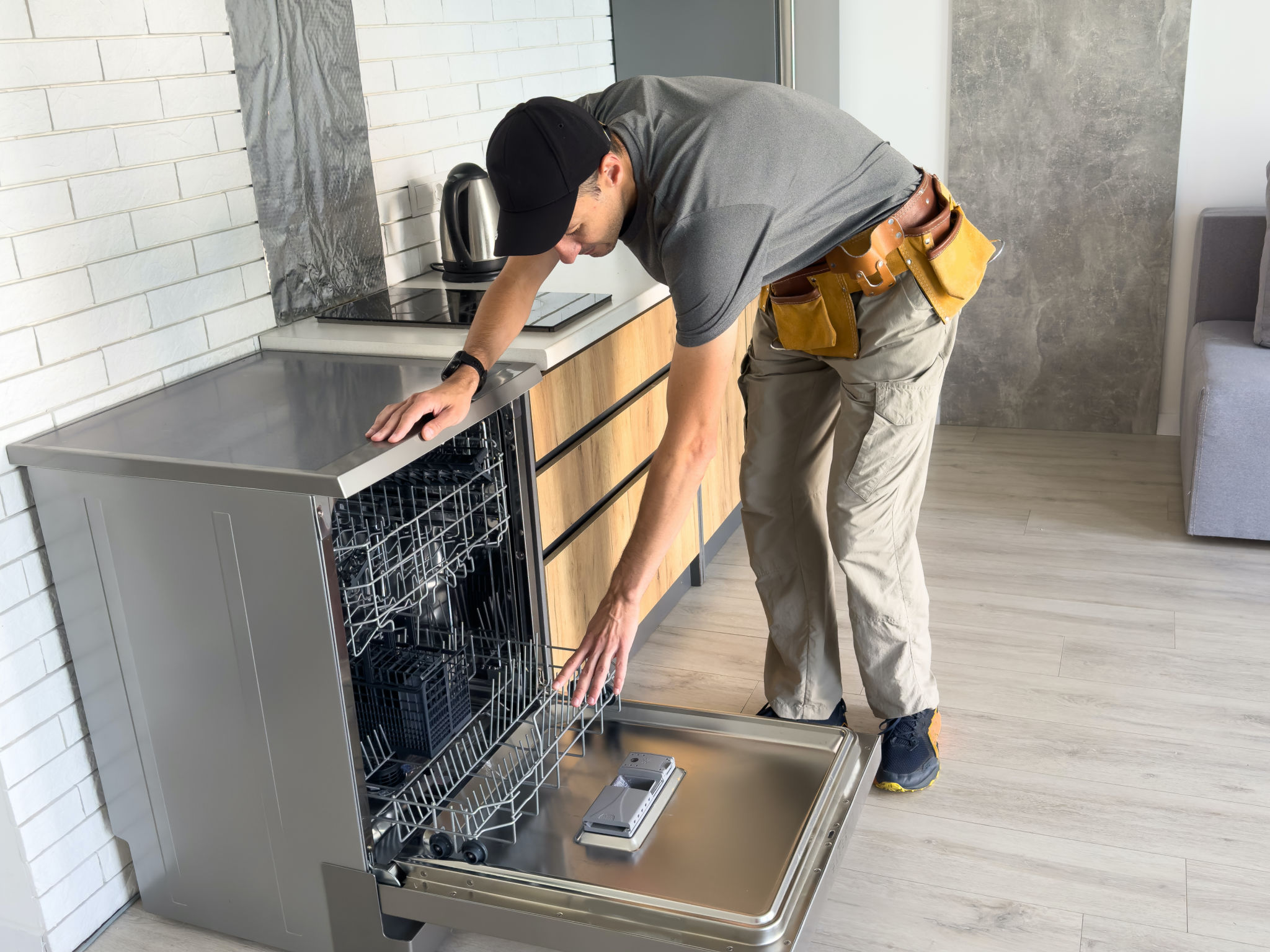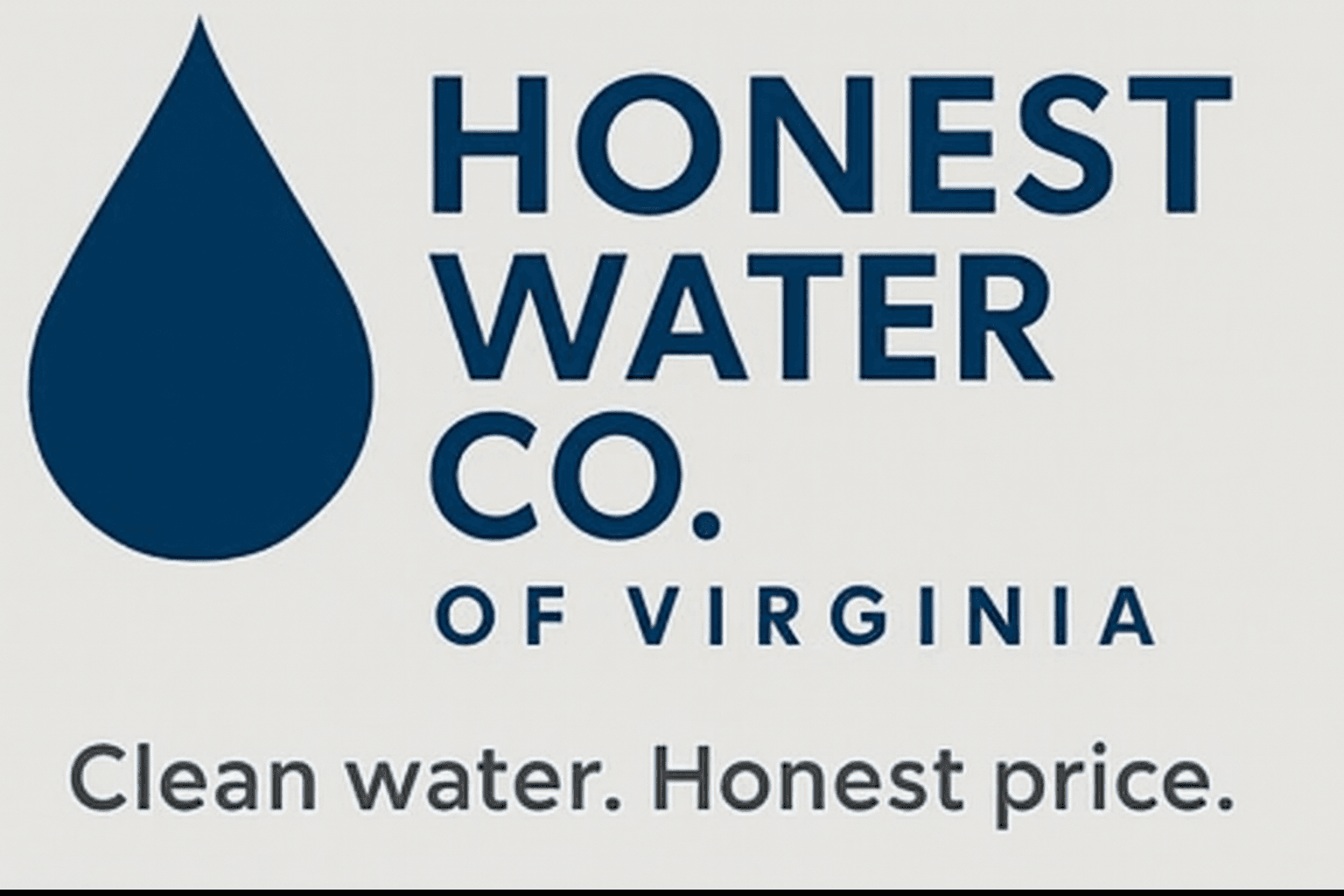Understanding Hard Water and Its Impact on Your Home: A Virginia Homeowner's Guide
BZ
What is Hard Water?
Hard water is a common issue that many homeowners in Virginia face. It refers to water that contains high levels of dissolved minerals, primarily calcium and magnesium. These minerals are picked up as water travels through soil and rock before reaching your home. While hard water is not dangerous to your health, it can have several effects on your household appliances and plumbing systems.

Identifying Hard Water in Your Home
If you're unsure whether you have hard water, there are several signs to look out for. One of the most noticeable indicators is the presence of white, chalky deposits on faucets and fixtures. These deposits, known as limescale, can build up over time, reducing water flow and efficiency. Additionally, hard water can leave spots on glassware and dishes after washing, making them look less clean.
Another sign of hard water is the reduced effectiveness of soaps and detergents. Because the minerals in hard water react with soap, you may find that you need to use more product to achieve a lather, leading to higher costs and more residue on your skin and clothing.
The Impact of Hard Water on Appliances
The minerals in hard water can have a significant impact on your home appliances. Over time, they can cause scale buildup in appliances like dishwashers, washing machines, and water heaters. This buildup can reduce the efficiency of these appliances, increasing energy consumption and shortening their lifespan.

For example, a water heater with significant limescale buildup will require more energy to heat the same amount of water, leading to higher utility bills. Similarly, washing machines may experience clogs or reduced performance over time, resulting in increased wear and tear on clothing.
Protecting Your Home from Hard Water Damage
Fortunately, there are several ways to address hard water issues in your home. One effective solution is installing a water softener. These devices work by removing calcium and magnesium ions from the water supply, replacing them with sodium ions. This process effectively reduces the hardness of the water, preventing scale buildup and improving the effectiveness of soaps and detergents.
Another option is using descaling agents regularly to remove existing limescale from appliances and plumbing fixtures. These products can help maintain appliance efficiency and extend their lifespan when used as part of routine maintenance.

Choosing the Right Solution for Your Home
When deciding on a solution for hard water issues, it's essential to consider factors such as cost, maintenance requirements, and the specific needs of your household. Water softeners can be a more costly upfront investment but may offer long-term savings by reducing energy consumption and appliance wear.
If you're unsure which solution is best for your home, consulting with a professional plumber or water treatment specialist can provide valuable insights. They can assess your home's specific needs and recommend the most effective solution for managing hard water.
The Benefits of Addressing Hard Water
Tackling hard water issues not only protects your appliances and plumbing but also provides several additional benefits. By reducing mineral buildup, you can enjoy smoother skin and softer hair, as well as cleaner and brighter laundry and dishes. Furthermore, resolving hard water problems can improve soap efficiency, leading to decreased cleaning product usage and cost savings over time.
Understanding and addressing hard water is crucial for homeowners in Virginia. By taking proactive steps to manage mineral content in your water supply, you can protect your home investments and enjoy a more efficient household environment.
